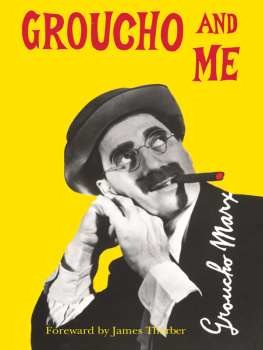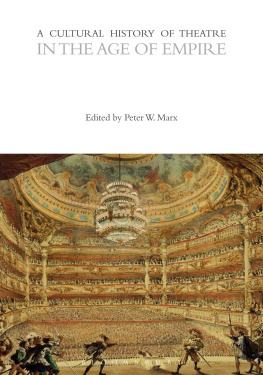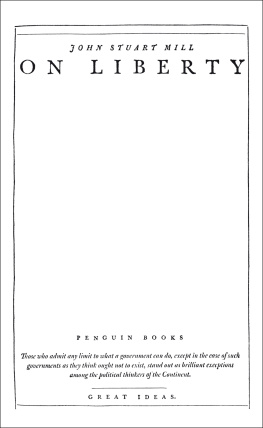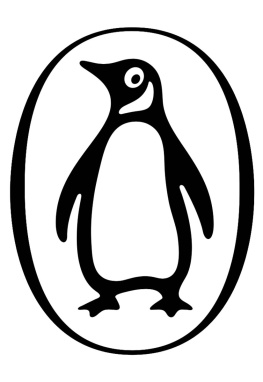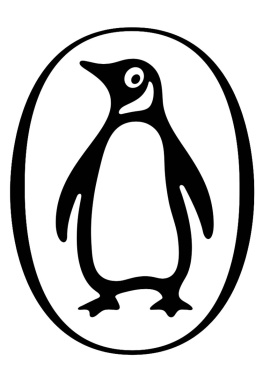Karl Marx
Revolution and War
PENGUIN BOOKS GREAT IDEAS
PENGUIN BOOKS
Published by the Penguin Group
Penguin Books Ltd, 80 Strand, London WC2R 0RL , England
Penguin Group (USA) Inc., 375 Hudson Street, New York, New York 10014, USA
Penguin Group (Canada), 90 Eglinton Avenue East, Suite 700, Toronto, Ontario, Canada M4P 2Y3
(a division of Pearson Penguin Canada Inc.)
Penguin Ireland, 25 St Stephens Green, Dublin 2, Ireland
(a division of Penguin Books Ltd)
Penguin Group (Australia), 250 Camberwell Road, Camberwell, Victoria 3124, Australia
(a division of Pearson Australia Group Pty Ltd)
Penguin Books India Pvt Ltd, 11 Community Centre, Panchsheel Park, New Delhi 110 017, India
Penguin Group (NZ), 67 Apollo Drive, Rosedale, North Shore 0632, New Zealand
(a division of Pearson New Zealand Ltd)
Penguin Books (South Africa) (Pty) Ltd, 24 Sturdee Avenue, Rosebank, Johannesburg 2196, South Africa
Penguin Books Ltd, Registered Offices: 80 Strand, London WC2R 0RL , England
www.penguin.com
All pieces were first published in The New York Tribune on the individual dates shown below:
Revolution in China and in Europe first published June 14, 1853
The British Rule in India first published June 25, 1853
Chartism first published July 14, 1853
The Greek Insurrection first published March 29, 1854
The English Middle Class first published August 1, 1854
Declaration of War On the History of the Eastern Question first published April 15, 1854
Revolution in Spain Bomarsund first published September 4, 1854
Prussia first published May 5, 1856
Revolution in Spain [I] first published August 8, 1856
Revolution in Spain [II] first published August 18, 1856
On Italian Unity first published January 24, 1859
The North American Civil War first published October 25, 1861
The News and Its Effect in London first published December 19, 1861
Progress of Feeling in England first published December 25, 1861
English Public Opinion first published February 1, 1862
This selection first published in Penguin Books 2009
All rights reserved
Except in the United States of America, this book is sold subject
to the condition that it shall not, by way of trade or otherwise, be lent,
re-sold, hired out, or otherwise circulated without the publishers
prior consent in any form of binding or cover other than that in
which it is published and without a similar condition including this
condition being imposed on the subsequent purchaser
ISBN: 978-0-14-195662-6
Karl Marx
18181883
Revolution in China and in Europe
1859
A most profound yet fantastic speculator on the principles which govern the movements of Humanity, was wont to extol as one of the ruling secrets of nature, what he called the law of the contact of extremes. The homely proverb that extremes meet was, in his view, a grand and potent truth in every sphere of life; an axiom with which the philosopher could as little dispense as the astronomer with the laws of Kepler or the great discovery of Newton.
Whether the contact of extremes be such a universal principle or not, a striking illustration of it may be seen in the effect the Chinese revolution seems likely to exercise upon the civilized world. It may seem a very strange, and a very paradoxical assertion that the next uprising of the people of Europe, and their next movement for republican freedom and economy of government, may depend more probably on what is now passing in the Celestial Empire, the very opposite of Europe, than on any other political cause that now exists, more even than on the menaces of Russia and the consequent likelihood of a general European war. But yet it is no paradox, as all may understand by attentively considering the circumstances of the case.
Whatever be the social causes, and whatever religious, dynastic, or national shape they may assume, that have brought about the chronic rebellions subsisting in China for about ten years past, and now gathered together in one formidable revolution, the occasion of this outbreak has unquestionably been afforded by the English cannon forcing upon China that soporific drug called opium. Before the British arms the authority of the Manchu dynasty fell to pieces; the superstitious faith in the eternity of the Celestial Empire broke down; the barbarous and hermetic isolation from the civilized world was infringed; and an opening was made for that intercourse which has since proceeded so rapidly under the golden attractions of California and Australia. At the same time the silver coin of the Empire, its lifeblood, began to be drained away to the British East Indies.
Up to 1830, the balance of trade being continually in favor of the Chinese, there existed an uninterrupted importation of silver from India, Britain and the United States into China. Since 1833, and especially since 1840, the export of silver from China to India has become almost exhausting for the Celestial Empire. Hence the strong decrees of the Emperor against the opium trade, responded to by still stronger resistance to his measures. Besides this immediate economical consequence, the bribery connected with opium smuggling has entirely demoralized the Chinese State officers in the Southern provinces. Just as the Emperor was wont to be considered the father of all China, so his officers were looked upon as sustaining the paternal relation to their respective districts. But this patriarchal authority, the only moral link embracing the vast machinery of the State, has gradually been corroded by the corruption of those officers, who have made great gains by conniving at opium smuggling. This has occurred principally in the same Southern provinces where the rebellion commenced. It is almost needless to observe that, in the same measure in which opium has obtained the sovereignty over the Chinese, the Emperor and his staff of pedantic mandarins have become dispossessed of their own sovereignty. It would seem as though history had first to make this whole people drunk before it could rouse them out of their hereditary stupidity.
Though scarcely existing in former times, the import of English cottons, and to a small extent of English woollens, has rapidly risen since 1833, the epoch when the monopoly of trade with China was transferred from the East India Company to private commerce, and on a much greater scale since 1840, the epoch when other nations, and especially our own, also obtained a share in the Chinese trade. This introduction of foreign manufactures has had a similar effect on the native industry to that which it formerly had on Asia Minor, Persia and India. In China the spinners and weavers have suffered greatly under this foreign competition, and the community has become unsettled in proportion.
The tribute to be paid to England after the unfortunate war of 1840, the great unproductive consumption of opium, the drain of the precious metals by this trade, the destructive influence of foreign competition on native manufactures, the demoralized condition of the public administration, produced two things: the old taxation became more burdensome and harassing, and new taxation was added to the old. Thus in a decree of the Emperor, dated Peking, Jan. 5, 1853, we find orders given to the viceroys and governors of the southern provinces of Wu-chang and Hang-Yang to remit and defer the payment of taxes, and especially not in any case to exact more than the regular amount; for otherwise, says the decree, how will the poor people be able to bear it? And thus, perhaps, continues the Emperor, will my people, in a period of general hardship and distress be exempted from the evils of being pursued and worried by the tax-gatherer.


